The National Telehealth & Virtual Care Conference will take place on the 2-3 April 2025 at the Hilton Sydney. Meet a variety of different people outside your existing network, discuss common challenges and exchange learnings about telehealth and virtual care in Australia – present and future.
This event will gather a diverse mix of people from public hospitals and LHDs, PHNs and primary care providers, aged care, allied health, private health providers, health insurers, government departments and agencies, telehealth companies, telehealth technology and software providers and many more.
KEY TOPICS INCLUDE:
- Emerging technologies in telehealth – AI, VR, Remote Monitoring, etc.
- Staff engagement on virtual care
- Telehealth in rural and remote areas
- Policy, funding, and patient engagement
- Addressing how we link public, private and primary care
- Ways to provide more comprehensive virtual care services
- Privacy, security and legal considerations
- Interdisciplinary approaches to telehealth
- Success stories in telehealth implementation
- Telehealth for chronic disease management, pediatrics, corrections, mental health, first responders, etc.
- Future trends
CALL FOR SPEAKERS!
Get in touch if you’re interested in speaking, and/or nominate topic ideas that you would like to see featured. For speaker submissions, please include the following information:
- Name, job title, organisation
- Presentation title
- 3-5 bullet points explaining your main discussion points (40 words max.)
- Would you like to join a panel discussion? Please list topics you can speak on
- Would you like to facilitate a workshop? Please suggest workshop topics
To submit and for any queries, please contact:
Irene Amo
Senior Conference Producer
irene.amo@informa.com
Connect Virtual Care
The event will take place as part of 2024’s CONNECT VIRTUAL CARE event. We’re bringing together three related, but distinct events which will be co-located at the Hilton Sydney. One pass gives access to all three conferences
2025 Speakers
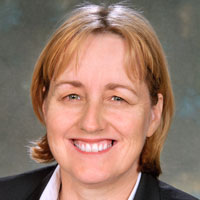
Dr Teresa Anderson AM
Chief Executive, Single Digital Patient Record Implementation Authority
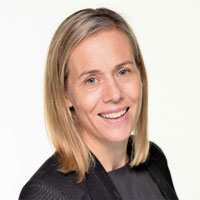
Dr Sharon Hakkennes
Chief Digital Health Officer,
Victorian Department of Health
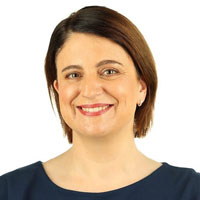
Dr Melanie Smith
GP Consultant, Co-Clinical Lead, SA Virtual Care Service, SA Health & Deputy Chair, SA Faculty of the Royal Australian College of General Practitioners
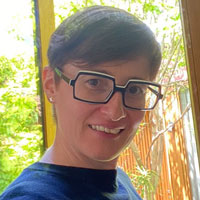
Dr Marija Kirjanenko
Emergency Physician, Victorian Virtual Emergency Department & Eastern Health, Melbourne
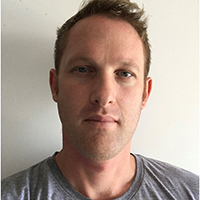
Phil Greenup
Telehealth Program Officer,
Queensland Health
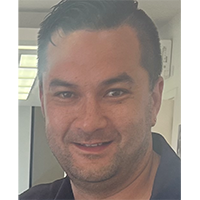
Ryan Hutton
Manager – Provider Networks,
nib

Carl Fiedler
Virtual Care Manager, Central Coast Local Health District
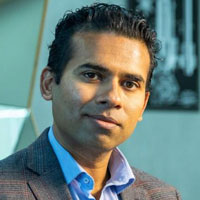
Niranjan Bidargaddi
Professor of Digital Health,
Flinders University

Adeola Bamgboje-Ayodele
PhD, Research Fellow, Human Factors, The University of Sydney

Dr June Song
Medical Director, Hospital in the Home Adult, Monash Health
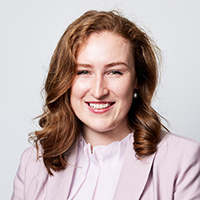
Julia Conway
Director, Hospital Policy and Projects, Independent Health and Aged Care Pricing Authority
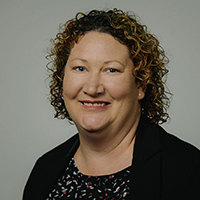
Donna Parkes
Stream Lead, Virtual Care, NSW Agency for Clinical Innovation
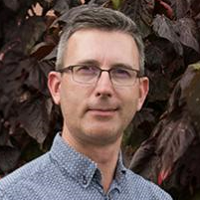
Dr Konrad Kangru
General Practitioner, Whitsunday Doctors Service; Medical Advisor, Office of Rural and Remote Health; Qld Representative, RACGP Rural Faculty; Board Director, North Qld PHN

Dr Matt Vickers
Clinical Director,
Eucalyptus
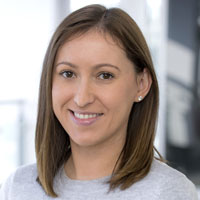
Mirela Prgomet PhD
Senior Research Fellow, Centre for Health Systems and Safety Research, Australian Institute of Health Innovation, Macquarie University
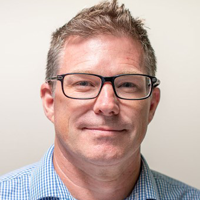
Brenton Jones
Senior Digital Health Officer, Western NSW Primary Health Network
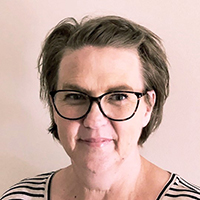
Michelle Dobie
Principal Advisor Digital Health Systems & Projects, Royal Flying Doctor Service (SA/NT)
Venue
Hilton Sydney
488 George St
Sydney NSW 2000
Event Code of Conduct
We want everyone who comes to our events to have a great experience. This code explains our expectations and rules, which includes general good practice behaviour, and how to report anything witnessed or experienced that goes against them. Read our Event Code of Conduct here.
ConnectMe + Streamly
ConnectMe • Networking enhanced
All of our events utilise a bespoke dynamic smartphone app, ConnectMe – which guarantees attendees a premium event experience. Logins are sent prior to the conference commencement allowing you to check who’s attending, schedule in meetings and catch ups, participate in live Q+A and interactive polls, and much more. ConnectMe ensures you never miss a beat prior, during and post event.
Streamly • On-Demand video vault
Streamly is a new video platform from Informa Connect – hosting hours of session recordings from our events and more. Select the Streamly add-on at the checkout to receive an annual subscription to exclusive On-Demand session recordings from all of our related healthcare events*. Login information will be sent post event.
* Note: In a minority of cases, speakers may request their sessions to be excluded from Streamly access.
